Jose433676
Hatching
- Nov 28, 2022
- 10
- 4
- 9
Found this in my hens poop she’s been acting normal also before this we have been giving them safeguard goat dewormer .25ml per pound for 3 days. What type of worm could it be if it is one it was dead though didn’t move when I touched it with the feather. Also a light swipe with the feather and cut through it. Also it stayed in its shape when I move it out of the poop.
Attachments
-
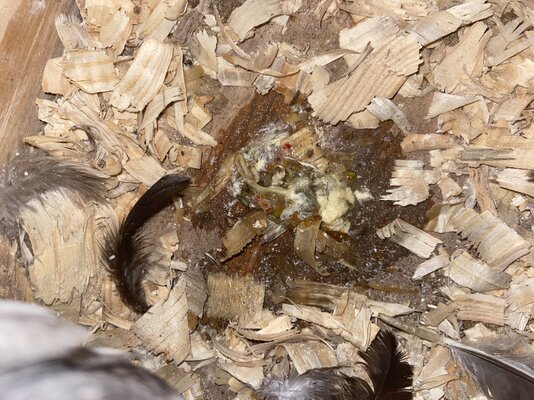 01395CE5-7C2B-4500-9F32-42E4CC805CA4.jpeg742 KB · Views: 44
01395CE5-7C2B-4500-9F32-42E4CC805CA4.jpeg742 KB · Views: 44 -
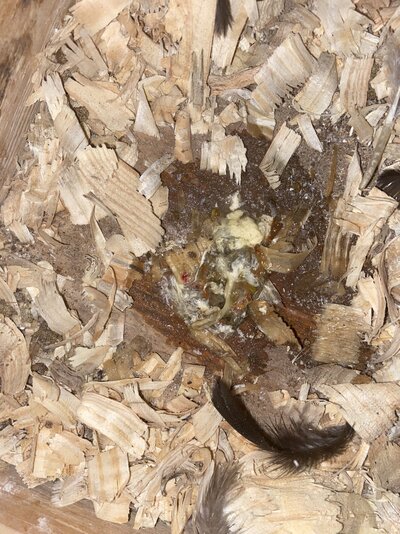 FE4247BB-81D5-418F-B785-9D701C14BCBB.jpeg777.1 KB · Views: 9
FE4247BB-81D5-418F-B785-9D701C14BCBB.jpeg777.1 KB · Views: 9 -
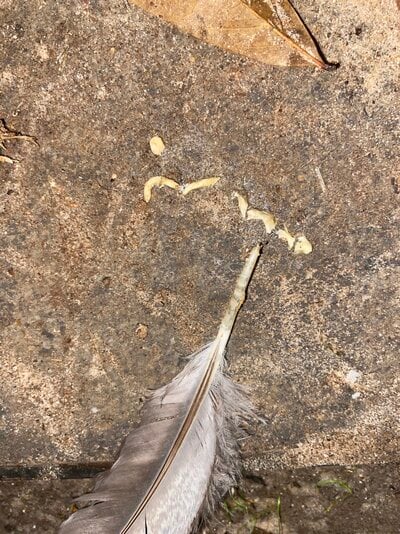 9FCF62D1-265F-4BF7-B618-F88D5EDE2790.jpeg981 KB · Views: 8
9FCF62D1-265F-4BF7-B618-F88D5EDE2790.jpeg981 KB · Views: 8 -
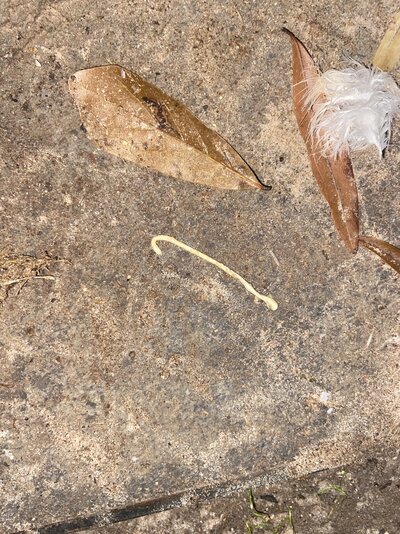 E194165E-55AC-4E33-BD92-71F4A7990825.jpeg1.1 MB · Views: 8
E194165E-55AC-4E33-BD92-71F4A7990825.jpeg1.1 MB · Views: 8 -
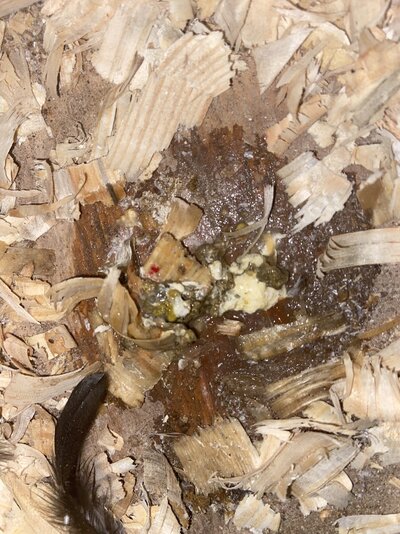 98033BE5-3DFD-410A-8A50-E3D0DFBF6199.jpeg633.6 KB · Views: 8
98033BE5-3DFD-410A-8A50-E3D0DFBF6199.jpeg633.6 KB · Views: 8 -
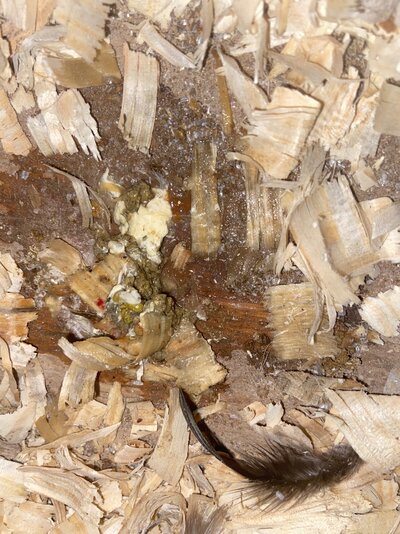 3E2B65CE-C4D4-4461-A344-27926642C219.jpeg681.5 KB · Views: 8
3E2B65CE-C4D4-4461-A344-27926642C219.jpeg681.5 KB · Views: 8



